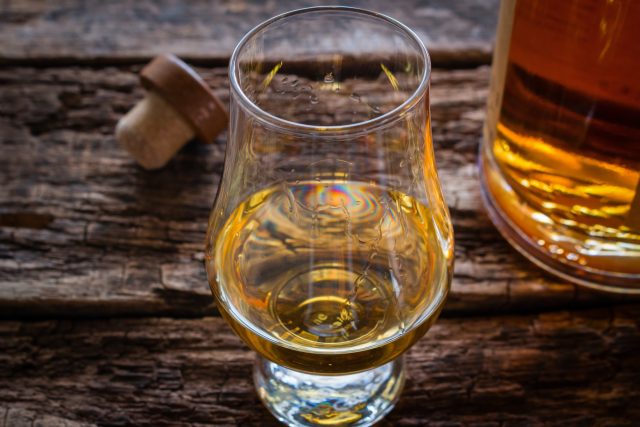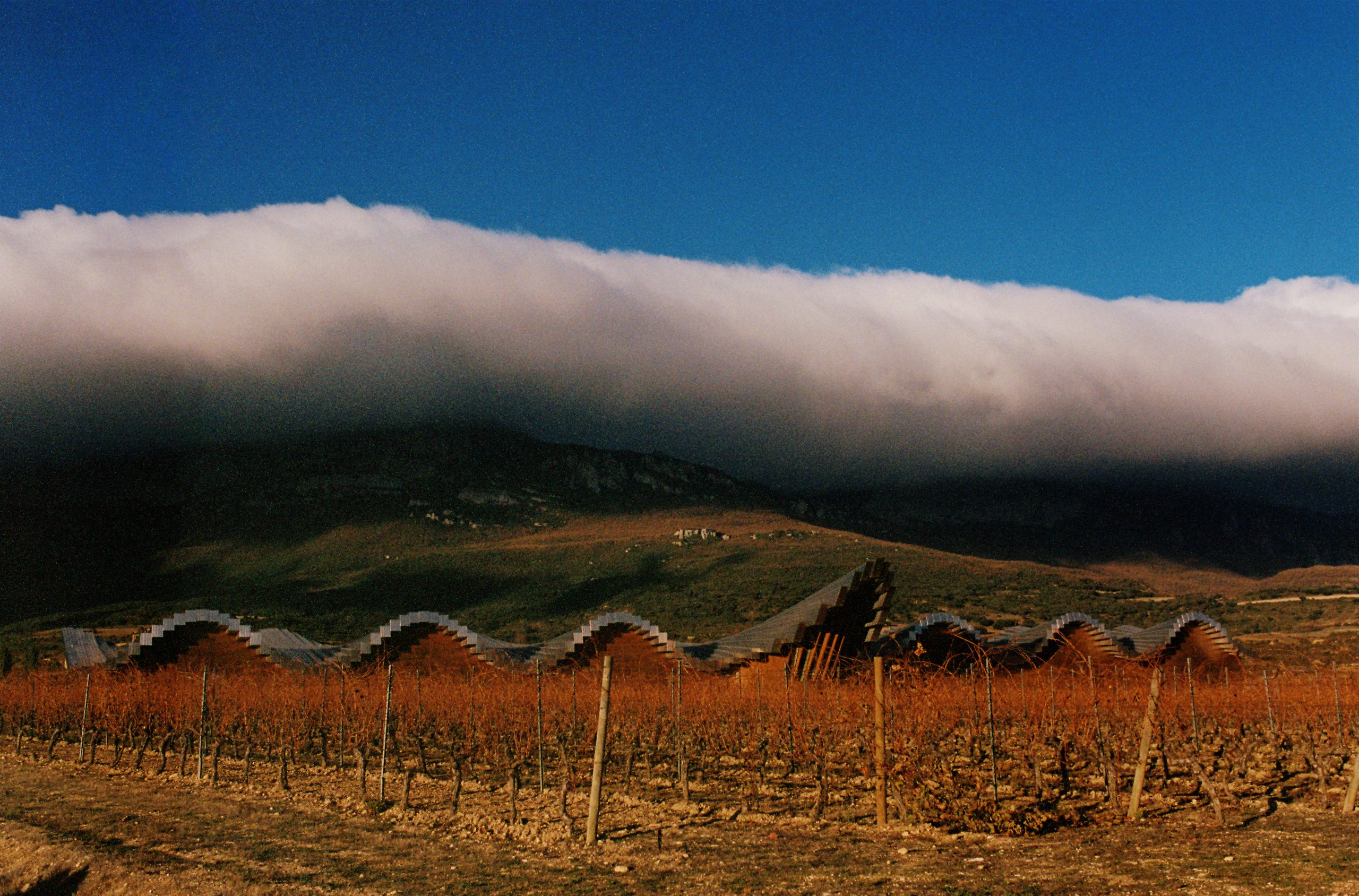D-Day veteran says whisky is the secret to a long life
Donald Howkins, who just celebrated his 103rd birthday, has credited his longevity to the daily dram of whisky he drinks.

Reported by North London news outlet Enfield Independent, Howkins, a resident of Elsyng House care home since last year, revealed that whisky is “what I really enjoy”.
While he did not disclose whether he favoured spirits from Scotland, Ireland, or further afield, the centenarian shared: “I never overdo it…one glass is enough.” He has a glass of whisky each day at 3pm.
Howkins served with the 90th Middlesex Regiment of the Royal Artillery, landing at Gold Beach in Normandy in June 1944 at the age of 23 – he would serve as a motorcycle dispatch rider in the aftermath of the D-Day landings.
“The whisky we had in the war was very different,” the 103-year-old explained, “but it did give me a bit of Dutch courage.”
Whisky supplies were severely reduced by the war effort as the barley that might normally be malted and then distilled to make a single malt Scotch, for example, was used for food instead. The Macallan’s website notes that “from 1940 to almost the end of 1944, legislation prevented grain distilleries from distilling whisky to the point that almost no Scottish whisky was made, unless it was done illicitly.”
Partner Content
What whisky that was available on the home front was rationed, and, given the constraints distilleries faced, it was generally of a lower quality and lower ABV (due to being diluted, and the need for high-proof alcohol in industry) than what we are used to today.
While in Northern France, Howkins also became partial to another spirit, according to the British Normandy Memorial: “[After landing at Gold Beach] we then camped in an orchard close to Arromanches and became very familiar partaking of a little Calvados.”
Fortunately, in these more plentiful times, it is easier for Elsyng House to get hold of Howkins’ whisky.
After the Second World War, Howkins worked as a butcher. He celebrated his 103rd birthday with his family over fish and chips (and a drop of something too).
“I was overwhelmed, it was such a wonderful day,” he said. “I don’t know how many more birthdays I’m going to have, so to have my children here, my grandchildren and great-grandchildren, was truly special.”
The importance of access to alcohol in care homes was the subject of a recent study from the University of Bedfordshire and the Care Quality Commission. Not only can alcoholic drinks help improve the social aspect of care home life by fostering a sense of community, but it was also noted that permitting residents (a moderate amount of) drinks, such as Howkins’ glass of whiskey, helps to ensure that they still retain some independence and control over their lives.
Related news
World cuisine set to boost sales of RTDs
Suntory CEO: Tariff plans prompt broader global investment considerations
Wine and whisky measures fall short in undercover investigation




